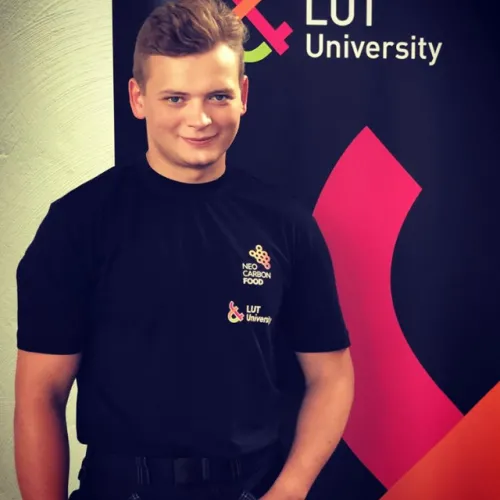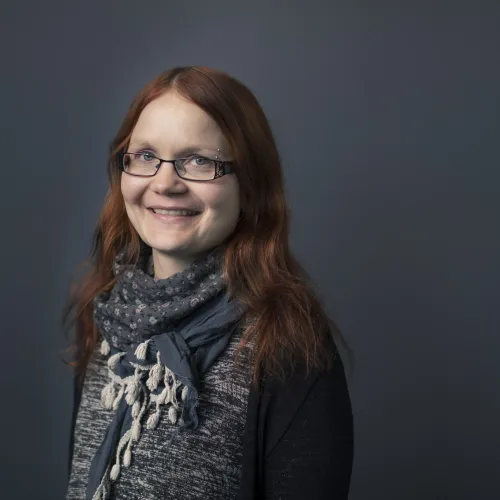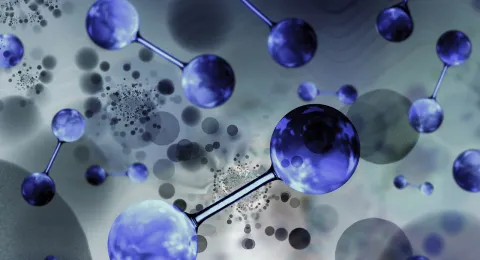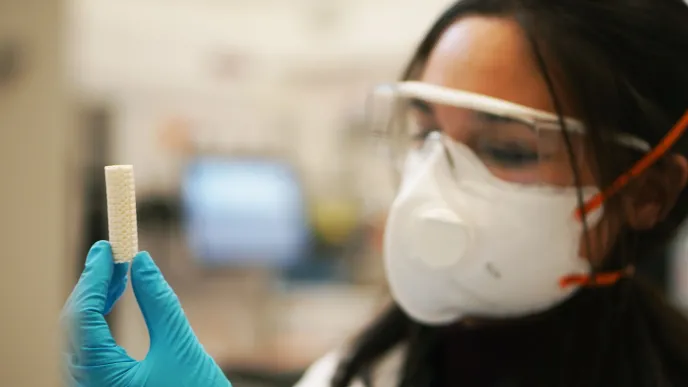The growing need for environmentally friendly and sustainable energy sources has ignited extensive research into hydrogen production through water splitting. This project focuses on exploring advanced water electrolysis technologies in collaboration with industry partners to accelerate the adoption of sustainable hydrogen as an energy source. Our approach combines 3D printing and advanced electrocatalysts to improve water electrolysis efficiency. The project employs precision 3D printing to optimize the design of electrolysis units, leading to improved fluid flow and reduced energy losses. This innovative approach not only enhances performance but also reduces material waste, aligning with sustainable practices. Moreover, the use of advanced micro- and nano-electrocatalysts custom-tailored for efficient electrochemical reactions significantly increases the efficiency of hydrogen production. This project promotes sustainability and cost-effectiveness by harnessing unique features of 3D printing and advanced electrocatalysts. In this project, we drive the shift towards green hydrogen production and a cleaner energy future, fostering collaboration between researchers, industry experts, and innovators to achieve our common goal.
Project period:
1.2.2023–31.12.2024
Project funding:
The European Regional Development Fund (EAKR)

Goals
The main goal of the project is to promote a transition toward carbon-neutrality in South Karelia and diversification of energy supplies by utilizing a new generation of water electrolysis technologies to produce hydrogen using renewable energy in innovative cooperation with companies. Specific objectives are the development of new catalytic materials for water electrolysis and the elaboration of lightweight and stable water electrolysis unit designs increasing the energy efficiency of hydrogen production by utilizing advances in 3D printing and material sciences.
Publications
Contact information

Georgy Givirovskiy

Eveliina Repo
Partners



